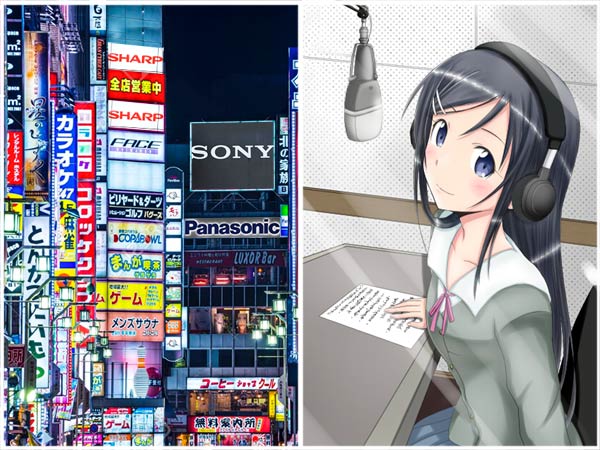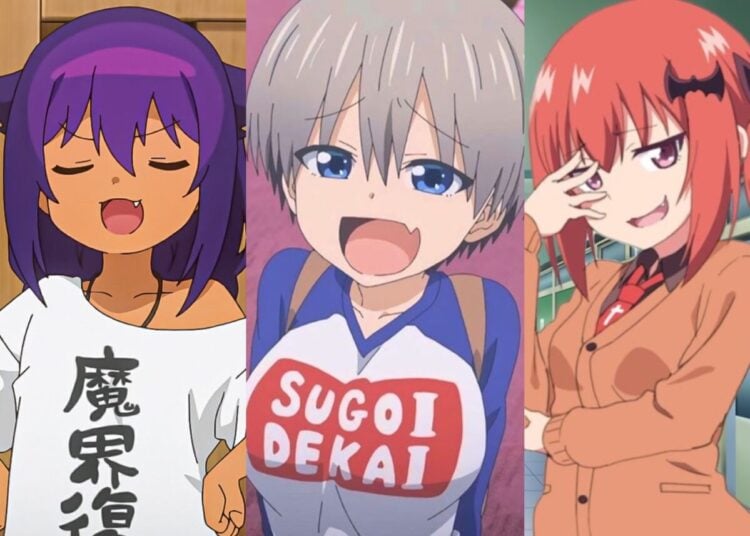One subject I write about a lot is the way Japan practices a “gentler” form of capitalism that’s less cutthroat and generally more peaceful, cooperative and honest than in other countries. Some examples from my own experience:
- Rather than try to upsell camera accessories I don’t need, I’ve been stopped from buying unnecessary products by store clerks.
- Similarly, when optical fiber internet came to J-List’s area, I tried to order the fastest version they made. The NTT employee suggested I try the standard speed for a while then upgrade if I needed more speed.
- If I buy lumber or other heavy items at my local home center, they’ll loan me a light truck to drive it home. For free. Even to a gaijin who (then) didn’t possess a proper Japanese drivers’ license.
- The most beautiful view in all Japan is at the top of Mt. Hakodate, looking down over the city. Yet enjoying a meal and a beer at the restaurant there doesn’t cost more than it would anywhere else. They could charge 3x easily, as they do in popular cafes in Rome, yet it doesn’t occur to the Japanese to do this.
- When J-List forms relationships with new distributors, they’re always careful make sure we don’t already buy from an existing company. Appearing to “steal” us from a competitor would apparently be a bad thing…even though that’s kind of the point of capitalism.
Almost without exception, Japanese companies will compete with each other for customers by making the best products they can, yet always coexisting peacefully with the other companies in their industry. The Western practice of “disruptive innovation” — choosing an aging, inefficient industry and purposely damaging it with new technology so you can profit from the destruction that ensues — just doesn’t exist here. While smart tech names have beaten up and stolen the lunch money of slow-to-evolve companies like Palm, Nokia, Blackberry, and Kodak among others, Sony never tries to destabalize Panasonic so it can profit and grow
Which is kind of a shame, because I can think of an industry that could use a little disruption: Japan’s professional seiyu industry. While anime voice actors are themselves amazing, bringing all our favorite characters to life, they’re trapped like flies in amber in a terrible industry. On the one hand, the seiyu world is highly organized, with a strict system of seniority that basically guarantees even popular VAs will starve until they’ve been working for a decade or so. (Hayami Saori got only $3000 for each season of My Teen Romantic Comedy SNAFU because she’s so young and new to the industry…the agency she’s affiliated with kept the rest.) On the other hand, the seiyu mafia talent agencies who own the copyrights to the voice recordings regularly shake down game publishers for huge payments when they make, say, a PC to PS4 or Vita port of a game…or English VNs, like the ones we publish, sometimes demanding more than a game is worth just to use the Japanese voices. The frustrating thing is that the agency owns the copyrights, but the voice actors themselves usually get none of this money, and in many cases no longer even work at that studio. In an industry where salaries are unbelievably low, Japan’s seiyu agencies profit unfairly, while blocking the growth of important new markets (especially BL and otome games outside Japan) because of the leverage they hold.
Is there any way to fix Japan’s seiyu industry by breaking it first? I’ll throw out some ideas in the next update!
* It’s interesting to note that while Japanese companies don’t purposefully disrupt other companies or pursue business aggressively, Korean companies do, which may be why Samsung is #15 on the Forbes list of top companies by market cap, and Sony is #449.
At J-List, or dedicated staff is constantly updating the site with new products. Today we posted lots of great anime art books, including a collection of illustrations by NiO (ni-shi). Browse all the new books now!

















